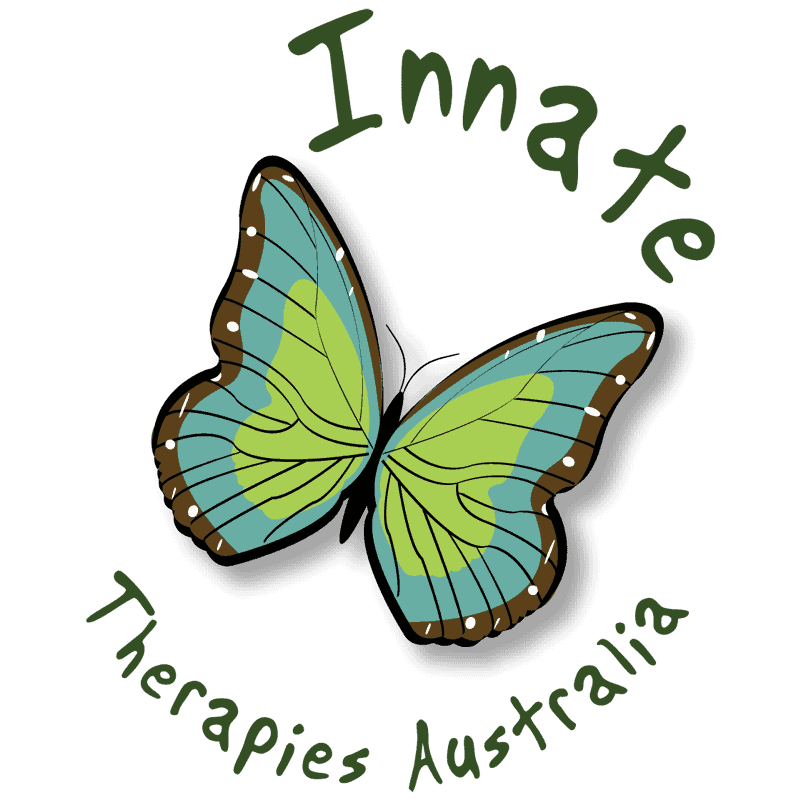Life has a way of leaving us with scars, both visible and invisible. These scars often represent the parts of us that have been broken by adversity, trauma, or challenges. While they may serve as reminders of our past, it’s essential to recognize the profound importance of healing those wounded parts of ourselves. In this article, we’ll explore why it’s crucial to embark on a journey of self-healing, how it can positively impact your life, and practical steps to get started.
Understanding Brokenness
Before we delve into the significance of healing our broken parts, it’s essential to understand what “brokenness” means in this context. Brokenness refers to the emotional, psychological, and sometimes physical wounds we carry from life experiences. These wounds can result from various sources, such as:
Trauma: Experiencing traumatic events can shatter our sense of safety and trust, leaving deep emotional scars.
Loss: Grief and loss can fracture our hearts and leave us feeling empty and bereft.
Failure: Repeated failures or setbacks can bruise our self-esteem and make us doubt our abilities.
Abuse: Emotional, physical, or psychological abuse can cause profound damage to our self-worth and mental well-being.
The Importance of Healing
Emotional Freedom
Healing your broken parts allows you to break free from the emotional chains that bind you. When you address and work through your wounds, you gain emotional freedom. You no longer feel controlled by past pain, anger, or sadness. Instead, you can experience a wider range of positive emotions and find joy in life.
Improved Mental Health
Unresolved emotional wounds can contribute to mental health issues like anxiety and depression. By seeking healing, you can significantly improve your mental well-being. Therapy, self-help practices, and support from loved ones can help you navigate and overcome these challenges.
Enhanced Self-Esteem
Healing your broken parts can rebuild your self-esteem and self-worth. You begin to see yourself as someone who is resilient, capable of growth, and deserving of love and respect. This transformation can positively impact all aspects of your life, including your relationships and career.
Healthier Relationships
Unresolved emotional wounds can manifest in your relationships, leading to conflicts and communication breakdowns. When you heal, you can form healthier connections with others. You become more empathetic, understanding, and capable of maintaining fulfilling relationships.
Personal Growth
Healing is an essential aspect of personal growth. When you address your broken parts, you become more self-aware and gain insights into your own behavior and motivations. This self-awareness is the cornerstone of personal development and can help you achieve your goals and aspirations.

Practical Steps for Healing
Self-Reflection
Begin your healing journey by reflecting on your past and identifying the areas that need healing. This may involve journaling, meditation, or speaking with a therapist. Understand the root causes of your wounds and how they have influenced your life.
Seek Professional Help
In many cases, seeking the assistance of a therapist or counselor can be invaluable. They can provide guidance, support, and therapeutic techniques to help you address your broken parts effectively.
Practice Self-Compassion
Be kind and patient with yourself as you heal. Self-compassion involves treating yourself with the same kindness and understanding that you would offer a friend. Acknowledge your pain without judgment and offer yourself comfort.
Connect with a Support System
Share your healing journey with trusted friends or family members. Having a support system can provide emotional validation and encouragement during challenging times. They can also hold you accountable for your healing goals.
Engage in Self-Care
Prioritize self-care activities that nurture your physical and emotional well-being. This may include regular exercise, a balanced diet, mindfulness practices, and hobbies that bring you joy.
Forgiveness
Forgiving those who have caused your wounds can be a powerful step in healing. Forgiveness does not condone harmful behavior but frees you from carrying the burden of resentment. It’s a gift you give to yourself.
Set Boundaries
As you heal, it’s essential to establish healthy boundaries to protect yourself from further harm. Boundaries help you maintain your emotional well-being and prevent toxic relationships from reoccurring. This in turn protects you from some of the aspects of mental illness and emotional invalidation.
Innate Therapies is here for you.
Healing those parts of yourself that have been broken is a transformative journey that can profoundly impact your life. It’s a journey of self-discovery, self-compassion, and personal growth. By addressing your emotional wounds, you can experience emotional freedom, improved mental health, enhanced self-esteem, healthier relationships, and personal development.
Remember that healing is not a linear process, and it’s okay to seek professional help when needed. Be patient with yourself, and know that you have the power to rebuild and heal the broken parts within you. Your past does not define you, but your willingness to heal and grow does.
Begin this journey with courage and power. You will find that repairing your broken parts can lead to a more fulfilling and authentic life.
Innate Therapies can guide you towards the appropriate therapeutic journey to rediscover yourself. Show yourself some kindness today and connect with our friendly team in Cairns.

